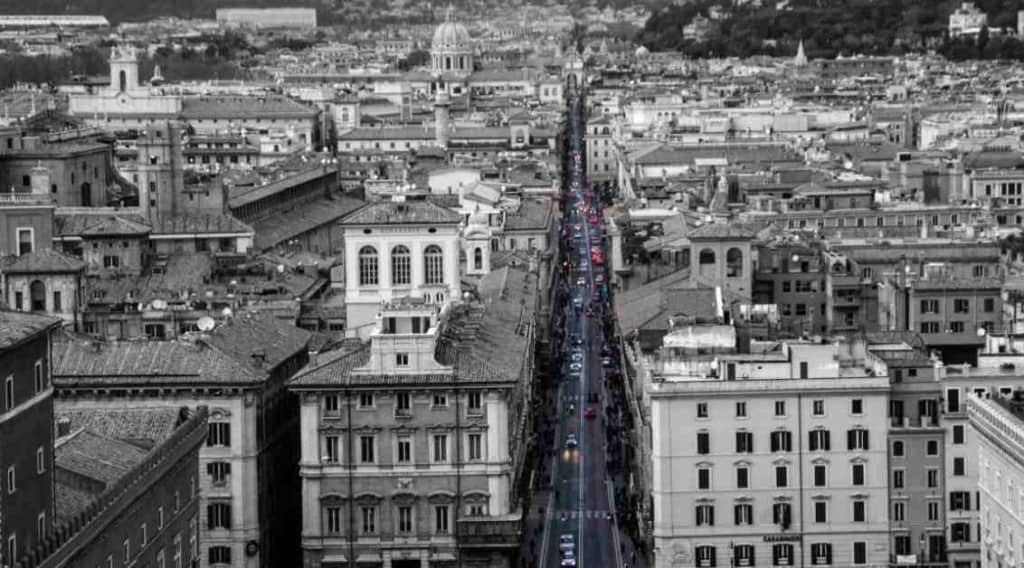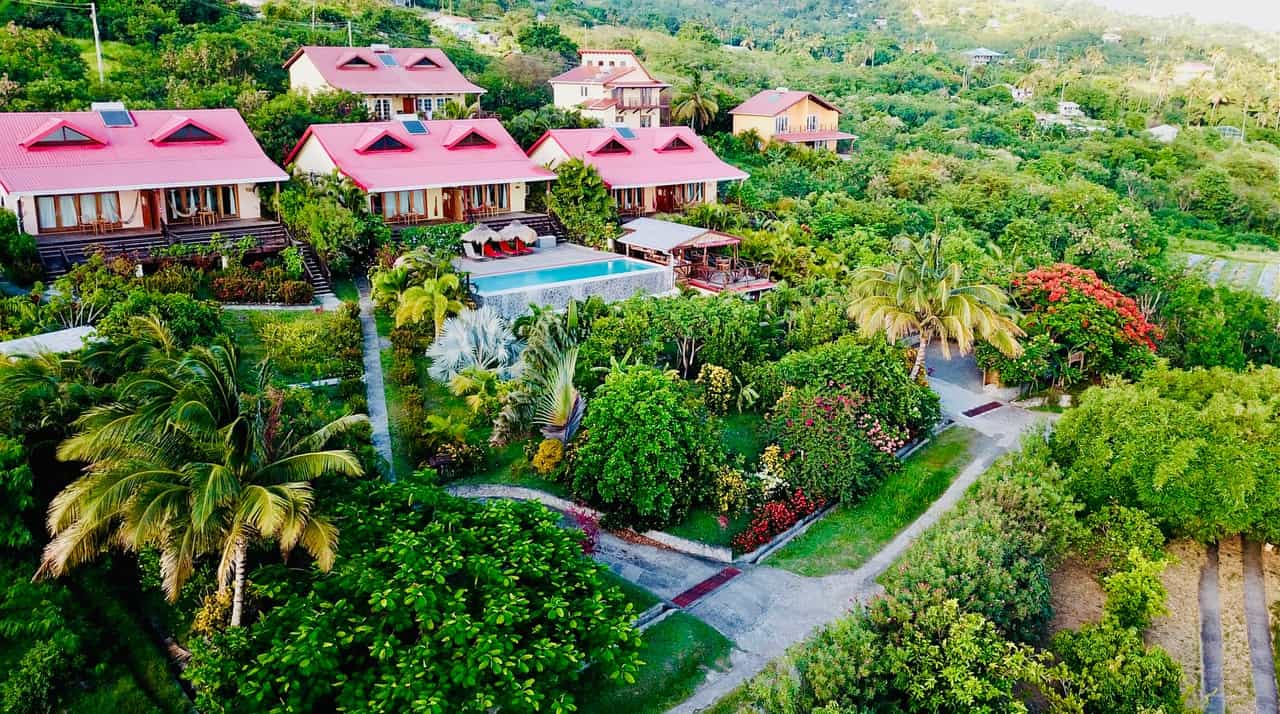Contributor/ The Vulture
Back when The Vulture was a mere stripling, peering over the front desk to try and tap the bell when no-one was looking and maybe make off with a Bell’s miniature or two, oranges were a thing of great mystery. They were from South Africa, y’see and those South Africans were Bad People (not all of them, just the minority. This was back in the day when picking on minorities was allowed) and to punish them, we refused to buy their oranges. This was a big thing in the Vulture household and elsewhere, which led, pretty much single-handedly, to the end of apartheid.
In these days of poor voter turnout and frenzied consumerism, one would imagine such protests to be the thing of history, but, as Starbucks will tell you, it’s still an effective tool. Earlier this year, British tax payers, peeved that their morning latte provider was cleverer than them when it came to paying tax, switched latte providers. Starbucks forked out a lump of cash (The Vulture is still unclear as to how this was calculated or how it reads on their balance sheet, but never mind) and the empowered consumer returned to collecting loyalty stars post-haste.
So when it comes to hotels, the most global of all capitalism’s creations, one would consider them to wield impressive powers. Providing jobs for locals, taxes for the coffers, an unending array of tourists willing to Instagram how awesome your country is – if you were a corrupt regime you’d smarten up for a bit of that, no?
No. Despite the power which the hotels wield, show them a country with a piss-poor record on human rights – for the sake of argument, China – and the jets are crammed full of development executives ready to pile in. According to Amnesty, an estimated 500,000 people are currently enduring punitive detention without charge or trial in China and millions are unable to access the legal system to seek redress for their grievances. Harassment, surveillance, house arrest, and imprisonment of human rights defenders are on the rise as the country becomes more open and embraces capitalism, rather than falling. Meanwhile, development pipelines are swelling.
Having the eyes of the world on it hasn’t slowed down China and stories of pretty nasty antics haven’t stopped hotel companies naming it as their no.1 development choice. The hotels do, of course, have a defence. It’s not their role to make political judgements. They try to operate fairly to the local populace. They’re just meeting demand. One thinks of Edmund Burke and “all that is required for evil to prevail is for good men to do nothing”.
The impact of investment involving questionable regimes isn’t just something that can hit a country’s income at Duty Free – operators who add such an entity to their owner roster can find themselves sharing the flack when those investors pass laws the Western world finds distasteful. There is, of course, an argument to be made for the civilising influence of a global brand in a location. The Vulture has never failed to be soothed by a Four Seasons, for example. But in this world of carbon footprints and local sourcing, at what point should hotels consider whether turning a violent regime into a destination is good for business.
Image courtesy of Kristian Joeraandstad/www.throughmylens.no









